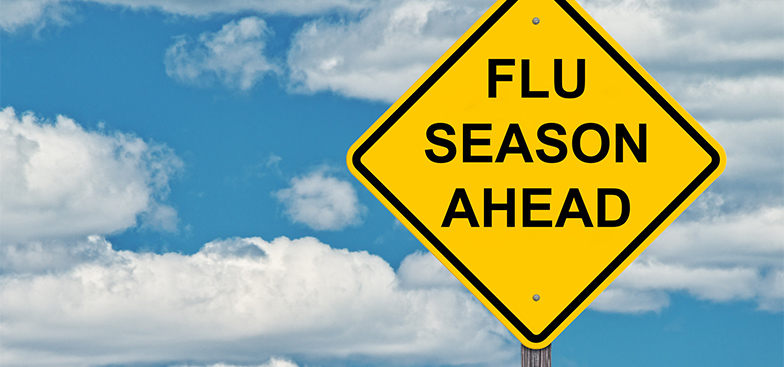
Influenza
Empower. Believe. Become.
In the United States, influenza (flu) viruses are most common during the fall and winter months. Typically, the SHWC receives our shipment of the flu vaccine in late September or early October. Flu vaccines are not available when it is not flu season, such as during the summer months. Influenza activity often begins to increase in October and November. Most of the time flu activity peaks between December and February and can last as late as May.
To help reduce the spread of flu and protect yourself, we urge you to review the health information below in addition to the CDC's guidelines. The SHWC is committed to minimizing the transmission of the flu among the campus community. There will be an annual flu drive during early fall months. The dates will be announced upon notification of our flu vaccine arrival.
If you develop symptoms of influenza-like illness, avoid contact with others: stay home from class, work, and public places. You may contact us by telephone, with any questions, concerns or to be seen in our clinic. If you must stay home from class due to the flu and will need a note for class, you must be seen in our clinic for a visit. See our Medical Excuses Policy for further information.
People with egg allergies can receive any licensed, recommended age-appropriate influenza vaccine and no longer have to be monitored for 30 minutes after receiving the vaccine.
Frequently Asked Questions
